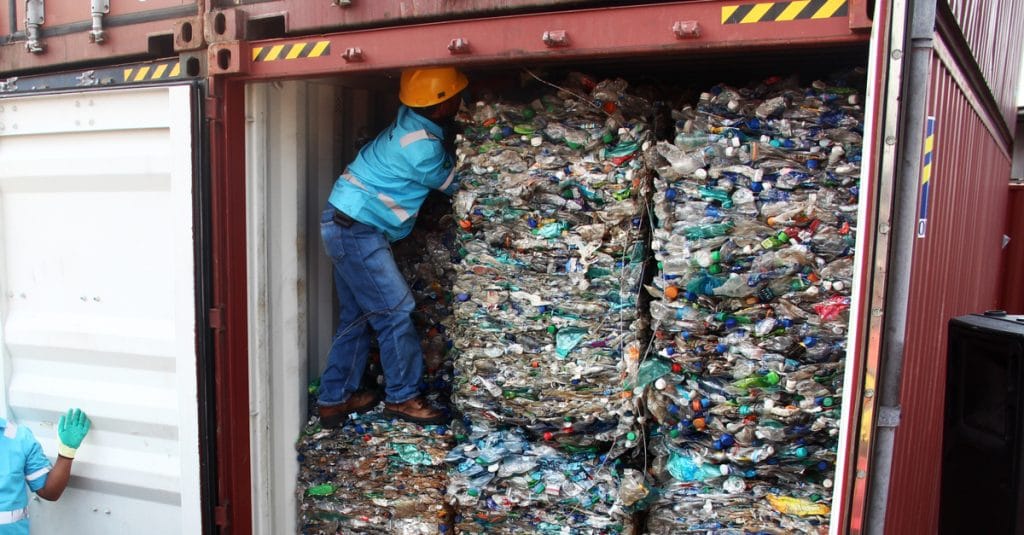The case of “waste imported from Italy” is making headlines in Tunisia. In a recent release, the Ministry of Local Affairs and the Environment reacted, indicating that a multipartite meeting was dedicated to this affair, leading to the decision to refuse all new containers and to return all previously imported quantities to the source. The ministry, which admits that it does not issue a licence for the import of waste from abroad, also announced the opening of an investigation to establish responsibility in this affair, which passes for a scandal.
The details of the government intervene the day after the broadcasting on a private television channel of an investigative report stating that 70 containers of waste from Italy with 120 tons of rubbish including hospital waste were seized upon their arrival at the port of Tunis. And according to the same source, more than 200 other containers would still be waiting in the port of Sousse, coming from Italy. The Tunisian company at the origin of this import had concluded an agreement with an Italian company for the import of 120,000 tonnes of waste per year, at a cost of 48 euros per tonne. The total amount of the contract is around 18 million dinars per year. The affair was discovered by the customs services in July 2020, but it was only after its media coverage that the government decided to take it up.
Africa remains a dumping ground for hazardous waste from the West
The import of waste is indeed prohibited in Tunisia. The North African country is a signatory to several international conventions concerning waste. These are mainly the Bale Convention on the Control of Transboundary Movements of Hazardous Wastes and their Disposal, adopted since March 22nd, 1989, and the Bamako Convention on the Ban on the Import into Africa of Hazardous Wastes and the Control of Transboundary Movements and Management of Hazardous Wastes within Africa.
Like Tunisia, many other African countries have received hazardous wastes from Europe in recent months. In June 2020, thirty-four people were arrested in Spain for attempting to fraudulently export 2,500 tonnes of e-waste to eight African countries, including Nigeria. The West African country has become a customary destination for e-waste, importing around 16,900 tonnes of e-waste from Europe between 2015 and 2016.
Boris Ngounou
